Publications
Articles, publications, books, tools and multimedia features from the U.S. Institute of Peace provide the latest news, analysis, research findings, practitioner guides and reports, all related to the conflict zones and issues that are at the center of the Institute’s work to prevent and reduce violent conflict.
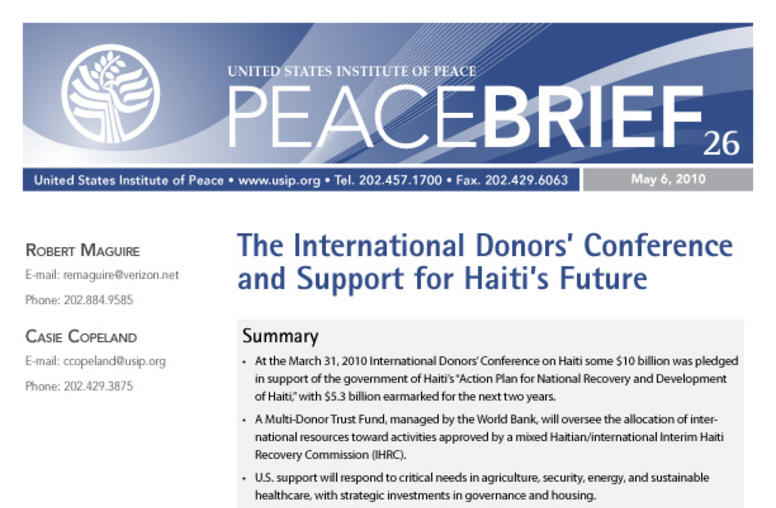
The International Donors’ Conference and Support for Haiti’s Future
At the March 31, 2010 International Donors’ Conference on Haiti some $10 billion was pledged in support of the government of Haiti’s “Action Plan for National Recovery and Development of Haiti,” with $5.3 billion earmarked for the next two years. A Multi-Donor Trust Fund, managed by the World Bank, will oversee the allocation of international resources toward activities approved by a mixed Haitian/international Interim Haiti Recovery Commission (IHRC).
Youth and Post-Conflict Reconstruction: Questions and Answers
1. What role do youth play in post-conflict reconstruction? In conflict and post-conflict situations, some young people choose to fight or are forced into a life of violence. They are soldiers, bush wives, terrorists and gang members. Others are able to work to improve their communities, contribute to peacebuilding, reconciliation and reconstruction, and become invested in their countries’ future peace. They are grassroots community leaders, artists, young parliamentarians and students worki...
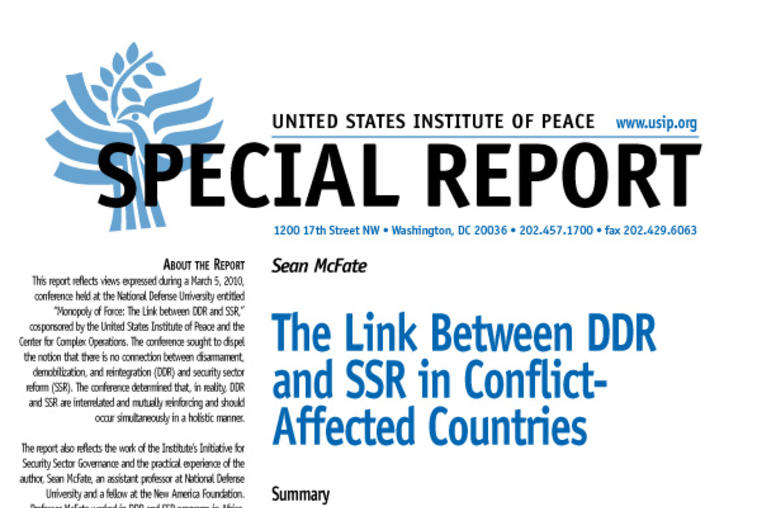
The Link Between DDR and SSR in Conflict-Affected Countries
Summary Disarmament, demobilization, and reintegration (DDR) and security sector reform (SSR) processes should be interrelated and mutually reinforcing. As DDR and SSR share the same objective--consolidation of the state’s monopoly of force to uphold the rule of law--they succeed or fail together and should be planned, resourced, implemented, and evaluated in a coordinated manner. The natural point of intersection for DDR and SSR is in the reintegration phase, as many ex-combatants find...
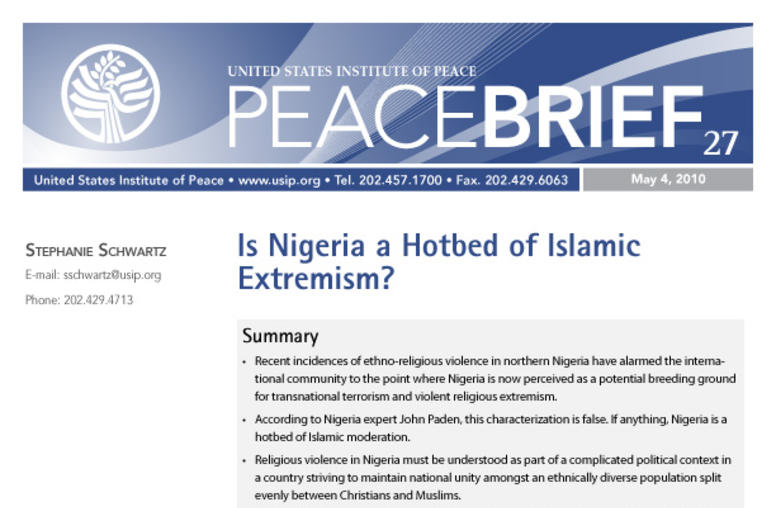
Is Nigeria a Hotbed of Islamic Extremism?
Recent incidences of ethno-religious violence in northern Nigeria have alarmed the international community to the point where Nigeria is now perceived as a potential breeding ground for transnational terrorism and violent religious extremism. According to Nigeria expert John Paden, this characterization is false. If anything, Nigeria is a hotbed of Islamic moderation.
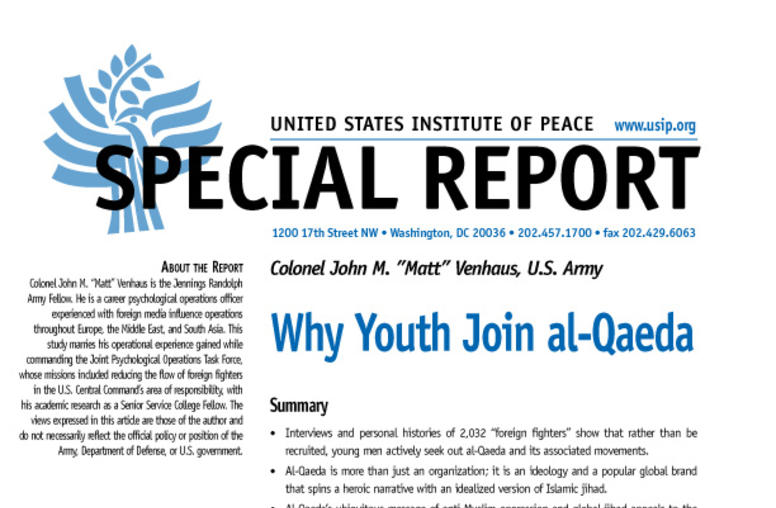
Why Youth Join al-Qaeda
Interviews and personal histories of 2,032 "foreign fighters" show that rather than be recruited, young men actively seek out al-Qaeda and its associated movements. Al-Qaeda is more than just an organization; it is an ideology and a popular global brand that spins a heroic narrative with an idealized version of Islamic jihad.
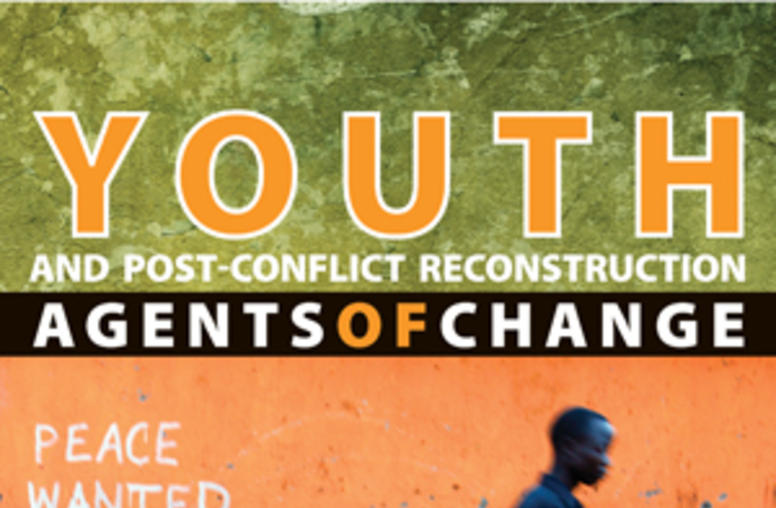
Youth and Post-Conflict Reconstruction
In conflict and post-conflict situations, youth constitute a reservoir of energy. Some young people choose to fight or are forced into a life of violence. Others are able to work to improve their communities, contribute to peacebuilding, reconciliation and reconstruction, and become invested in their countries’ future peace. Youth and Post-Conflict Reconstruction: Agents of Change uses three cases of post-conflict reconstruction—Mozambique, the Democratic Republic of the Congo, and Kosovo—...
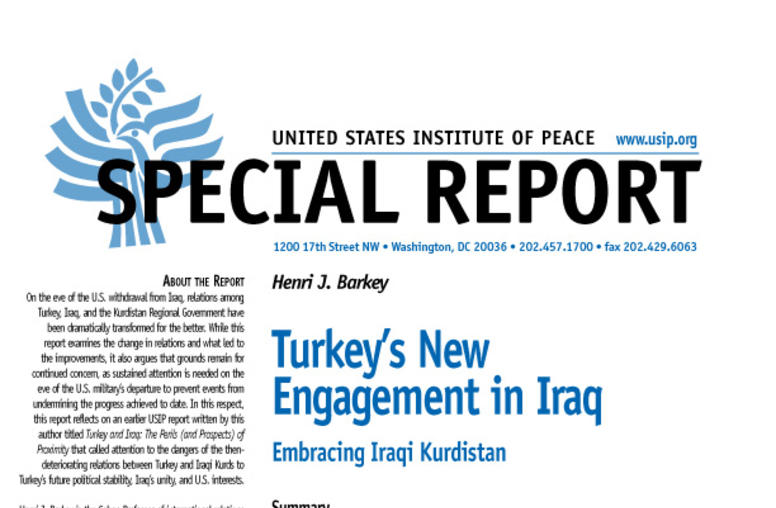
Turkey’s New Engagement in Iraq
On the eve of the U.S. withdrawal from Iraq, relations among Turkey, Iraq, and the Kurdistan Regional Government have been dramatically transformed for the better. While this report examines the change in relations and what led to the improvements, it also argues that grounds remain for continued concern, as sustained attention is needed on the eve of the U.S. military’s departure to prevent events from undermining the progress achieved to date.
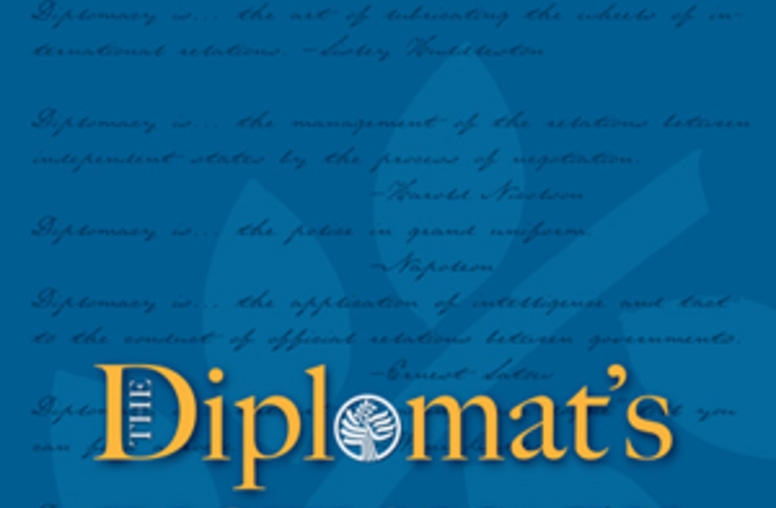
The Diplomat's Dictionary
With its first edition in 1994, The Diplomat’s Dictionary quickly became a classic reference book, offering professionals and enthusiasts practical information, witty insights, and words of wisdom on the art and practice of diplomacy. The expanded second edition contains 476 new entries, including definitions for selected up-to-date terminology and hundreds of additional quotations from across cultures and centuries.
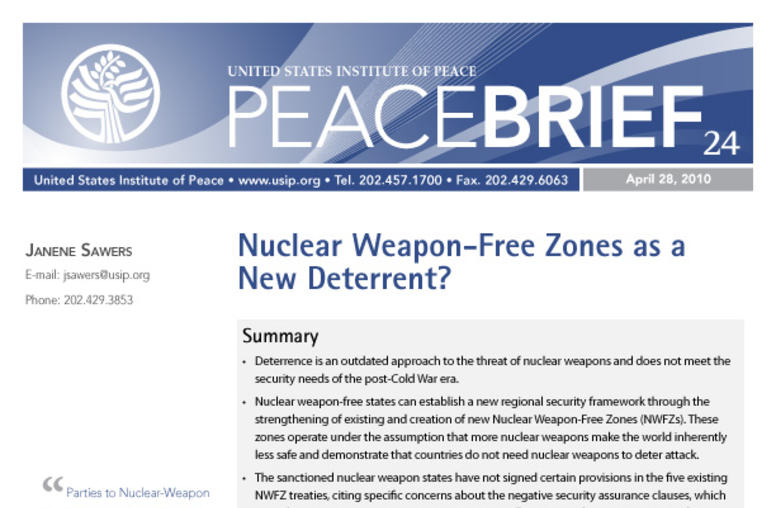
Nuclear Weapon-Free Zones as a New Deterrent?
Nuclear weapon-free states can establish a new regional security framework through the strengthening of existing and creation of new Nuclear Weapon-Free Zones (NWFZs). These zones operate under the assumption that more nuclear weapons make the world inherently less safe and demonstrate that countries do not need nuclear weapons to deter attack.
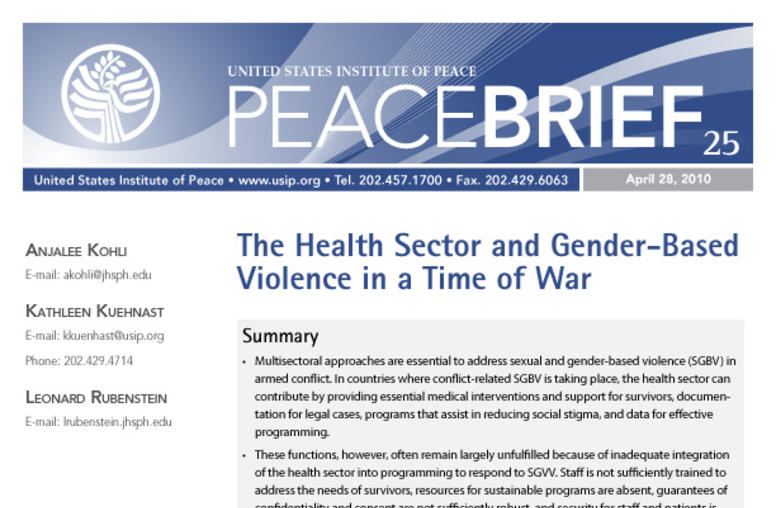
The Health Sector and Gender-Based Violence in a Time of War
The challenges of effectively addressing sexual and gender-based violence in war torn communities are daunting. This Peace Brief describes the pivotal role the health sector can play, obstacles to its exercising these needed functions, and steps that can be taken to contribute to developing support for survivors as part of an integrated approach.